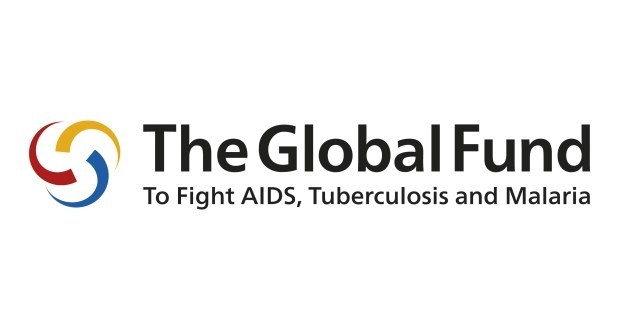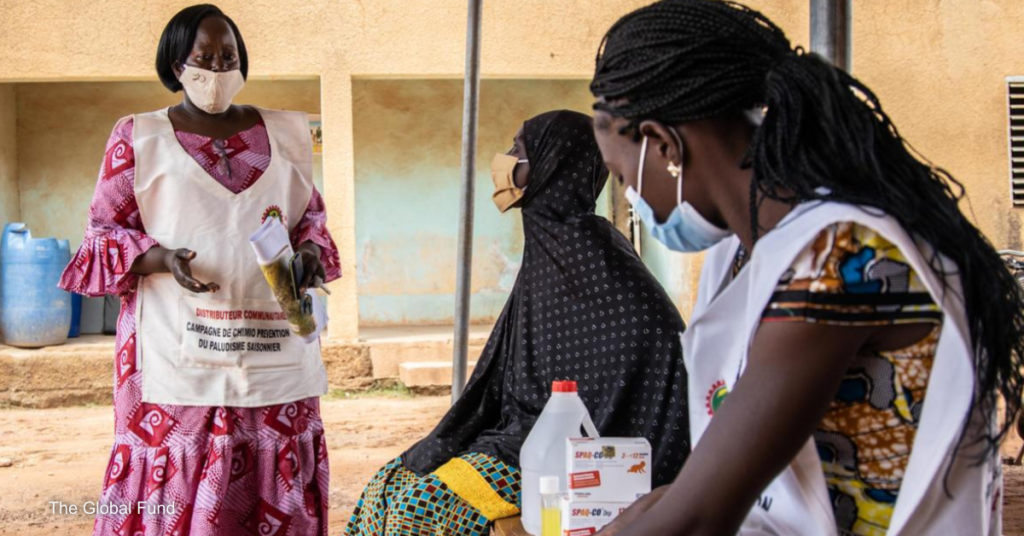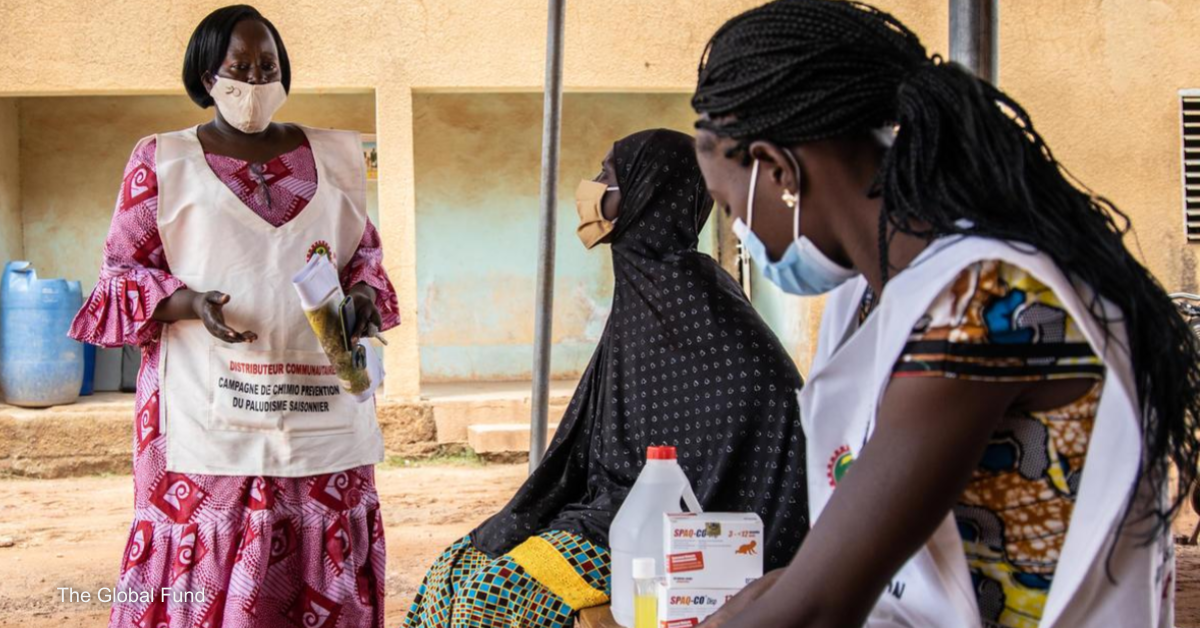
By Delisa Thwala
The Global Fund currently has 14 core grants active in Eswatini, with funding totalling up to E332 620 180 which was signed for 2021-2024.
The investments aim to support the country in continuing to make strong gains against HIV and tuberculosis (TB) and in eliminating local transmission of malaria.
Nearly 1.2 million people live in the landlocked Kingdom of Eswatini and significant progress in the fight against HIV, TB, and malaria has been made.
These numbers were revealed in the yearly Editors/Media Forum which was held earlier this week at Hilton Garden Inn Mbabane. National Emergency Response (NERCHA) and Coordinating Assembly of Non-Governmental Organisations (CANGO).
Grants
Among the litany of things that were discussed, a report and presentation on global fund grants to eSwatini were presented to editors and journalists present.
ALSO READ: Eswatini pledges E17.6 million for the fight against HIV/AIDS, Malaria
Country Coordinating Mechanisms (CCM) Chief Executive Dr Advocate Dlamini said the Global Fund investigates how a country is performing economically to determine if it can control epidemics like HIV, TB, and Malaria. Poor economies generally struggle with this.
In the E332 620 180 disbursed to Eswatini and shared between NERCHA and CANGO, it was broken down into different grants that tally up to 16 grants. There are 12 grants for NERCHA and two grants for CANGO.

For the Resilient and Sustainable Systems for Health (RSSH) a fee of E8 212 962 was signed for and then a fee of E8 212 962 was then committed the same amount of money was then disbursed.
This trend was applied in 4 HIV grants that were disbursed where E 8 212 962 was signed for and later committed. The disbursed amount however was E186 388 937 which was E169 963 013 more than the signed and committed grant combined.
So, the total number of grants given to Eswatini was 14 where a signed-for amount was E 377 723 168 and the committed amount was E344 897 564 the amount of money that was then disbursed was E332 620 180. This shows that the total amount for the whole of Eswatini Portfolio was then less by E12 277384.
Mortality
Meanwhile, the Global Fund report showed that HIV incidence and mortality rates both declined by over 70% between 2002 and 2020. TB is in retreat; it spread rapidly across the country in the early 2000s and peaked in 2010 with an incidence of 1,592 cases per 100,000 people. In 2019, the incidence had dropped to 352 cases per 100,000 people.
ALSO READ: African leaders pledge new commitments to end AIDS
“Malaria elimination has been a top priority for Eswatini for over a decade and is now within its grasp. Although elimination has not yet been realized, great gains have been made in lowering the number of cases and deaths,” read the report in part.
Systems for elimination have been improved, and an active and robust surveillance system has been created, building a solid platform to support successful elimination activities in the coming years.
Despite the significant progress made against HIV and TB, both diseases continue to present a significant public health threat for Eswatini.






